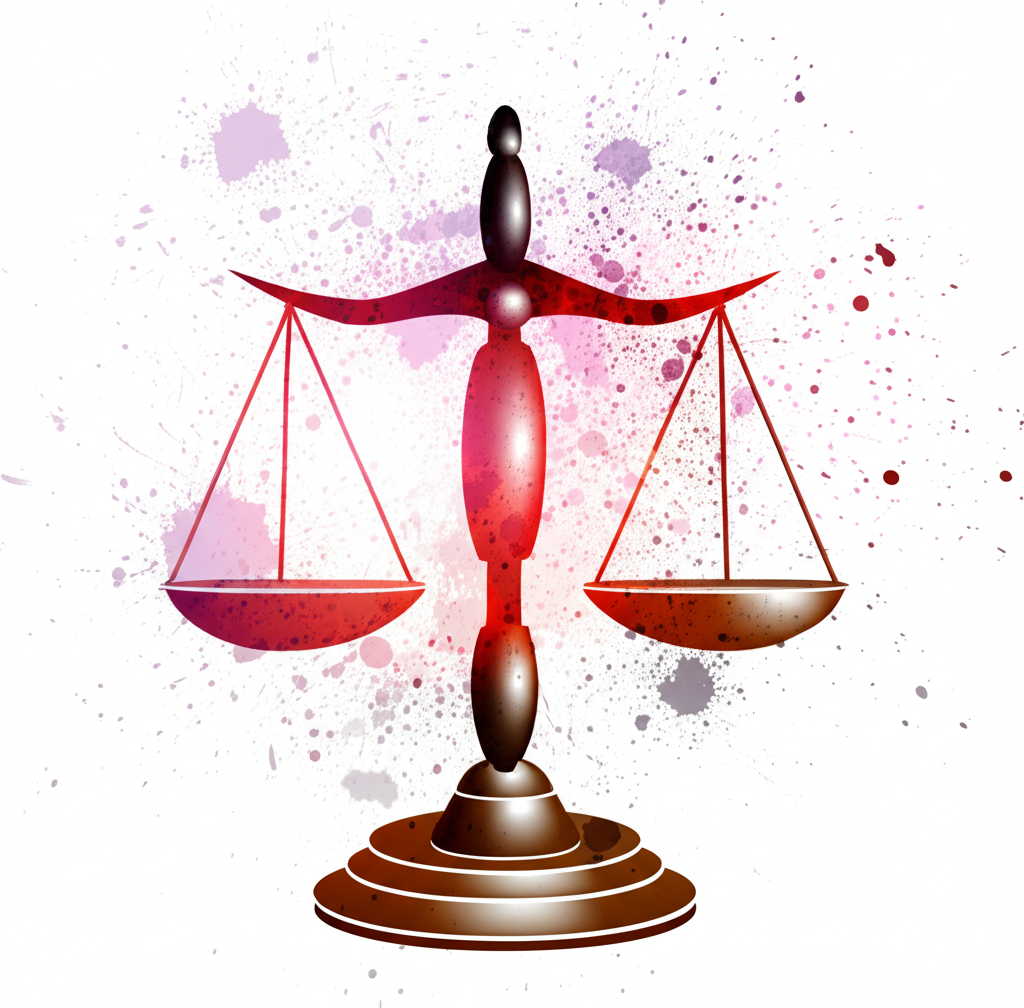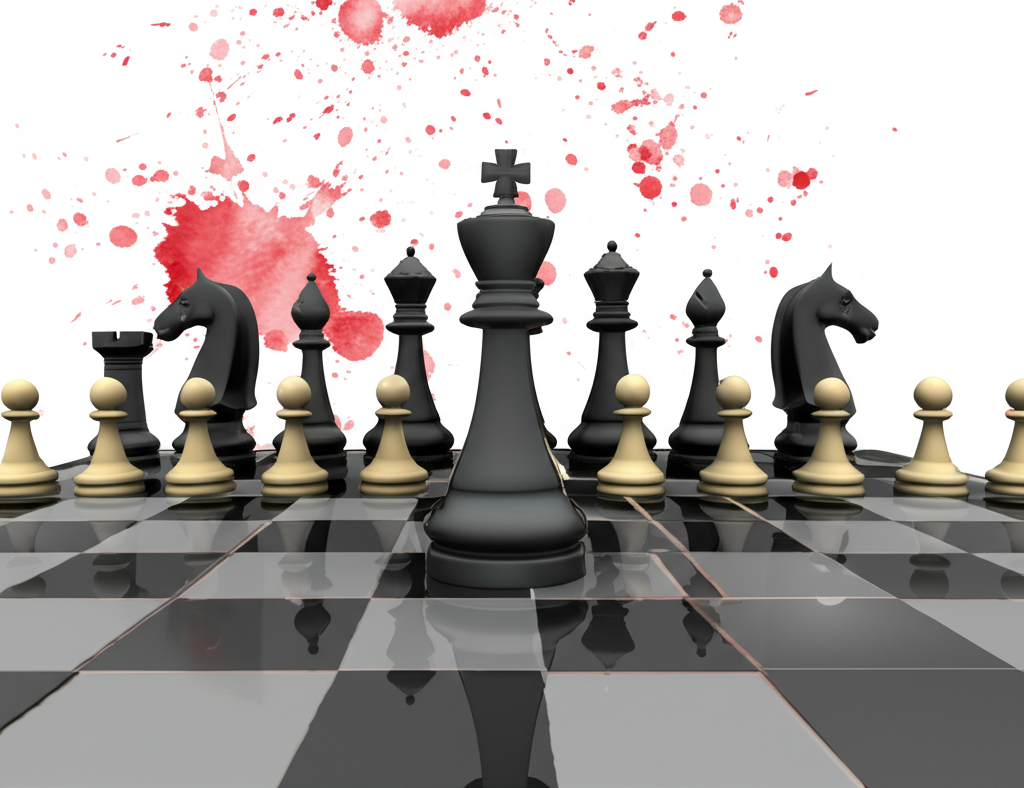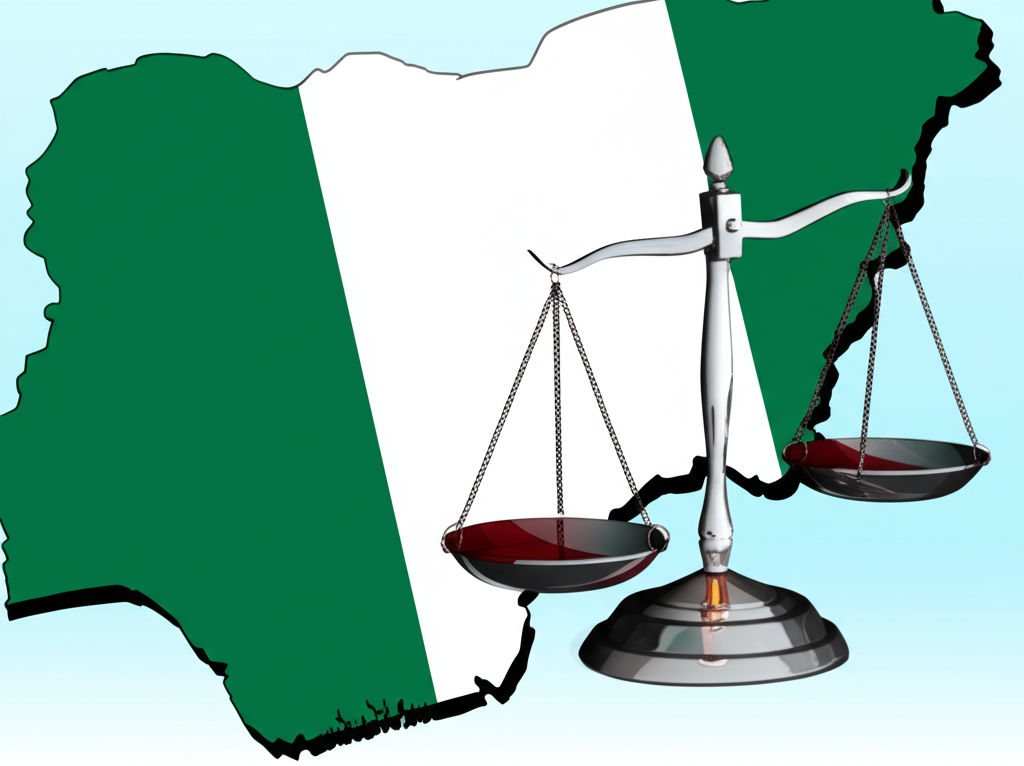Here’s what we’ll cover:
- The recent calls for the death penalty for drug offenses.
- The constitutional and legal framework surrounding capital punishment in Nigeria.
- Arguments for and against the death penalty.
- Alternatives to capital punishment.
- The human rights implications of keeping prisoners on death row.
The Call for Capital Punishment: A Quick Fix?
The Director-General of NAFDAC, Prof. Mojisola Adeyeye, recently suggested the death penalty for those dealing in fake drugs. Her reasoning? These “merchants of death” prioritize profit over human lives. Similarly, NDLEA Chairman, Brig. Gen. Buba Marwa (rtd), echoed this sentiment during discussions to amend the National Drug Law Enforcement Agency Act.
But is the death penalty really the solution to Nigeria’s drug problem? Some argue it’s a necessary deterrent, while others believe it’s a violation of human rights.
The Legal Landscape: What the Constitution Says
Nigeria’s 1999 Constitution (Section 33 (1)) allows for the death penalty under certain circumstances. However, things aren’t so straightforward. While the law permits it, state governors are increasingly hesitant to sign death warrants. In fact, the last time a governor signed one was back in 2016!
Death Row Dilemma: A Fate Worse Than Death?
Here’s the kicker: Even though executions have slowed down, people are still sentenced to death and remain on death row. This creates a legal and ethical quagmire. As the Supreme Court stated in Peter Nemi v. Attorney-General of Lagos State, even condemned prisoners have the right to life until their execution is carried out lawfully. Keeping them in indefinite detention, awaiting a death that may never come, is a violation of their fundamental human rights.
Why the Death Penalty Might Not Be the Answer
The Guardian has long held the position that human life is sacred and should not be deliberately taken by another human being. There are also other convincing reasons to consider abolishing it:
- Lack of Deterrence: Evidence suggests the death penalty doesn’t actually deter crime.
- Miscarriage of Justice: The risk of executing an innocent person is ever-present.
- Human Rights Violations: Indefinite incarceration on death row is a form of mental torture.
Alternatives to Execution: What Else Can Be Done?
So, if the death penalty isn’t the answer, what is? Here are some alternatives:
- Life Imprisonment: This ensures dangerous criminals are removed from society without resorting to execution.
- Rehabilitation Programs: Focusing on rehabilitation can help offenders reintegrate into society.
- Addressing the Root Causes of Crime: Poverty, lack of education, and social inequality often contribute to crime.
The Way Forward: Time for Change?
It’s time for Nigerian lawmakers to seriously consider abolishing the death penalty. At the very least, they should implement laws that automatically commute death sentences to life imprisonment if a governor fails to sign a death warrant within a reasonable timeframe. Lagos State’s Administration of Criminal Justice Law, 2015, offers a potential framework for addressing this issue.
The death penalty debate is complex, but it’s crucial to remember the human rights at stake. By exploring alternatives and addressing the root causes of crime, Nigeria can create a more just and humane society.





